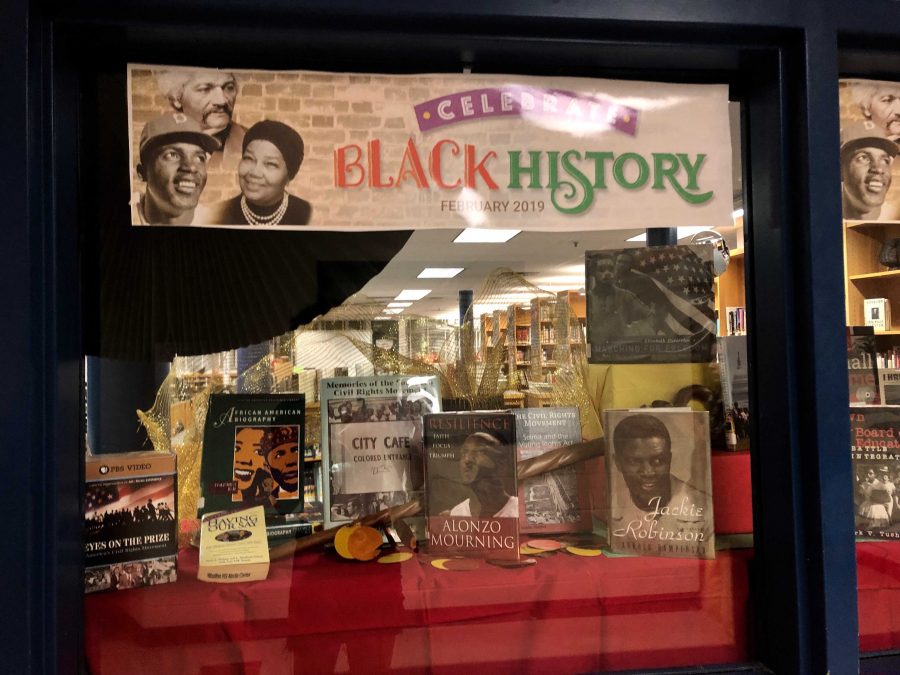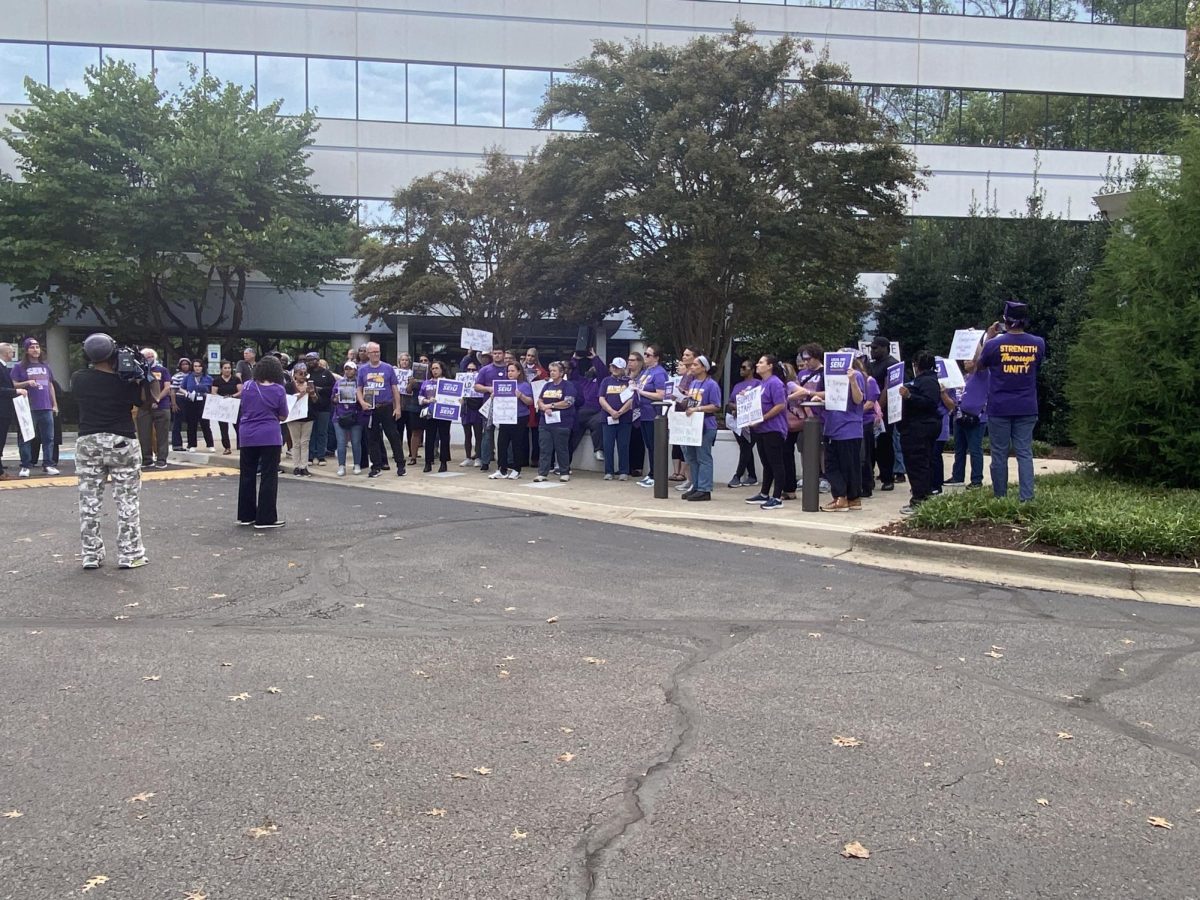As January comes to a close and February arrives, historical celebrations all across the United States begin. The entire month of February represents Black History Month for Americans, allowing the achievements of black figures throughout history to be highlighted through cultural presentations and events.
The local Black Student Union (BSU) has decided to host a black history celebration on Feb. 27 in the Commons to wrap up the month. The event will include poetry, spoken word, singing, dancing and students embodying political figures. The theme this year is Each One Pull One Into the Sun and has a lot of preparation going into it in order for it to be successful. “I think it’s going to go really well because I trust my sponsors, and we have a really good group of dedicated students willing to make the program the best it’s ever been,” senior BSU member Olivia Nzang said.
During the 1920s, Dr. Carter G. Woodson, a successful historian, author and journalist, was fed up with the lack of representation black people received in the textbooks and lessons he was taught growing up. He established the Association for the Study of African American Life and History (ASALH) and created Negro History Week, which emphasized the impact the African American community has had on American history.
The concepts developed through Negro History Week grew into the month-long celebration we know today as Black History Month. Although it is the shortest month of the year, February was chosen because it is a significant period for African Americans throughout history. The month coincides with the birthdays of former slave and activist Frederick Douglass and 16th President Abraham Lincoln, and was the month that the 15th Amendment was passed and allowed African-Americans to vote. “Woodson chose the second week of February for his celebration because it marks the birthdays of two men who greatly influenced the black American population,” CNN.com said.
Over the years, African-Americans have made notable accomplishments that deserve to be celebrated. In the early 1900s, George Washington Carver developed hundreds of products from the peanut and in the ‘50s, Rosa Parks fought for what’s right and refused to sit in the back of the bus during segregation. “I really look up to Rosa Parks because even though she made such a small decision, it created a huge impact in society,” senior Adriana Villatoro said.
In addition, the goal of Black History Month is to highlight the historic firsts that have been made by African Americans. In 1940, Hattie McDaniel won an Academy Award, making her the first black person to ever do so. Twenty-seven years later, Thurgood Marshall became the first African American on the Supreme Court when he was appointed by President Lyndon B. Johnson. In the 2008 election, the American population elected the first black president, Barack Obama. “I like Black History Month because I get to learn more about the things we don’t always get to hear in school,” senior Aaron Lazar said.








